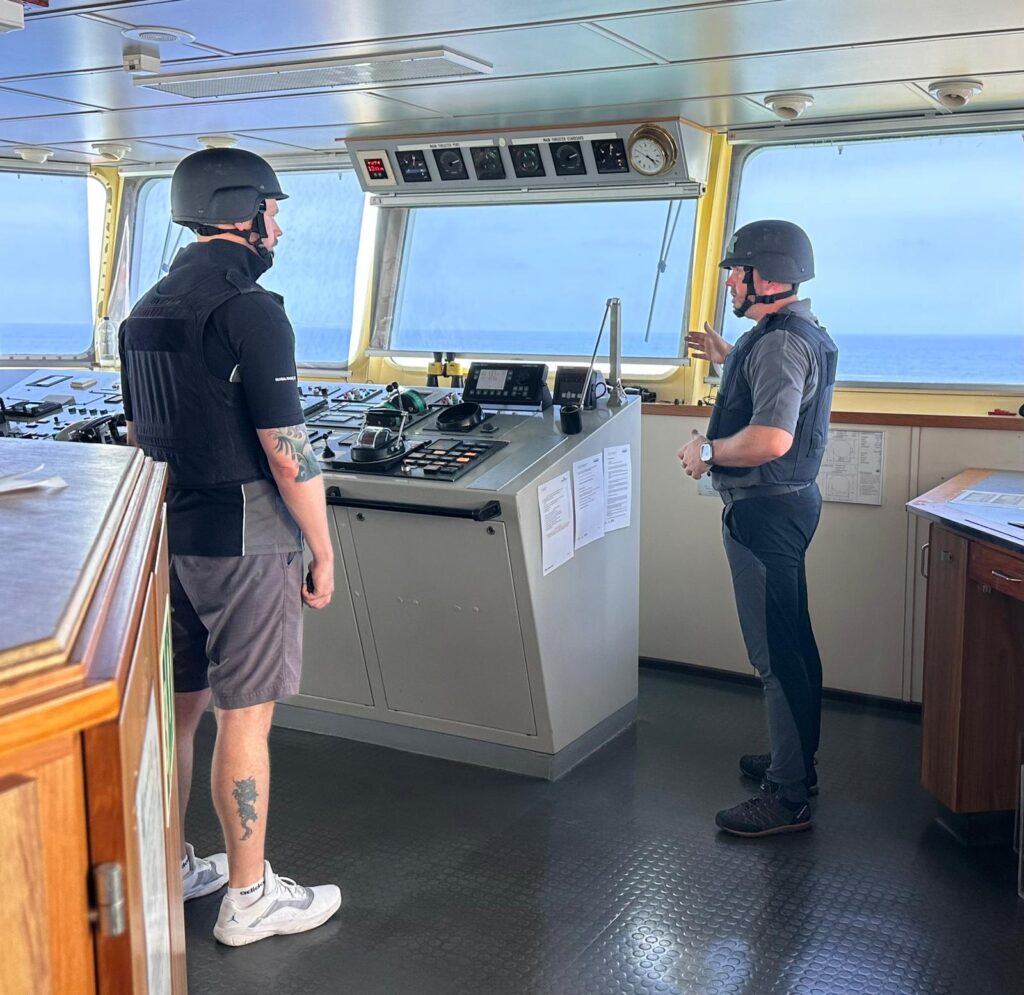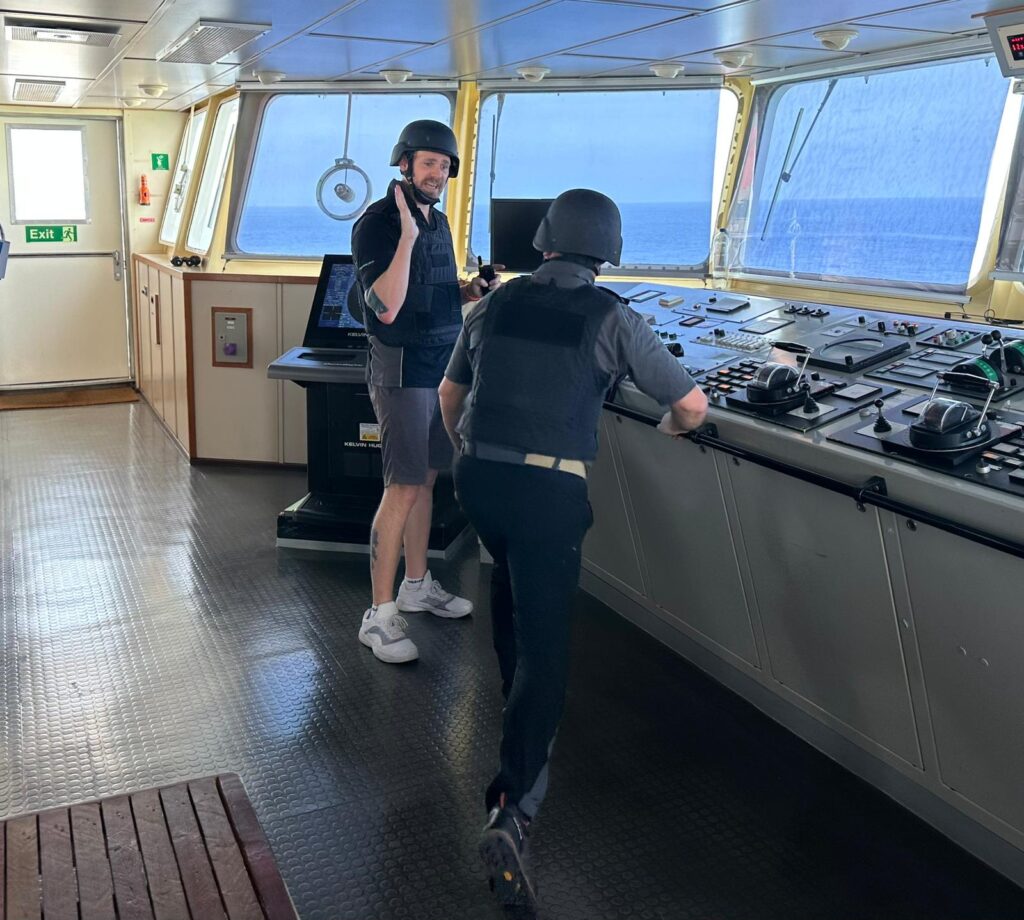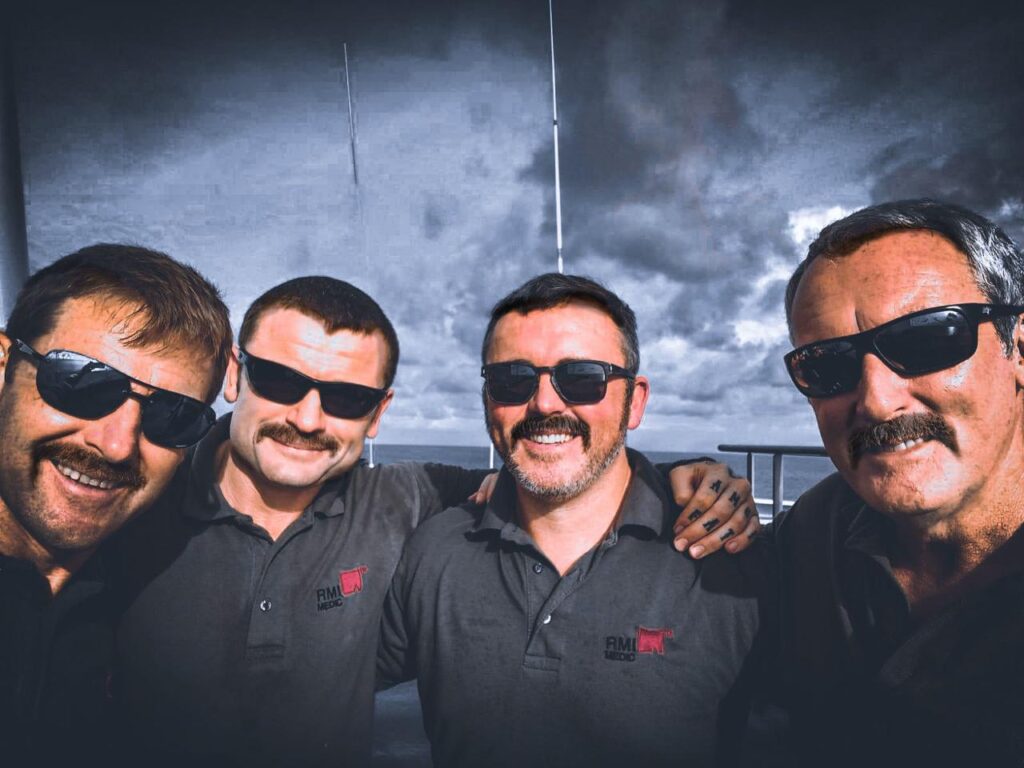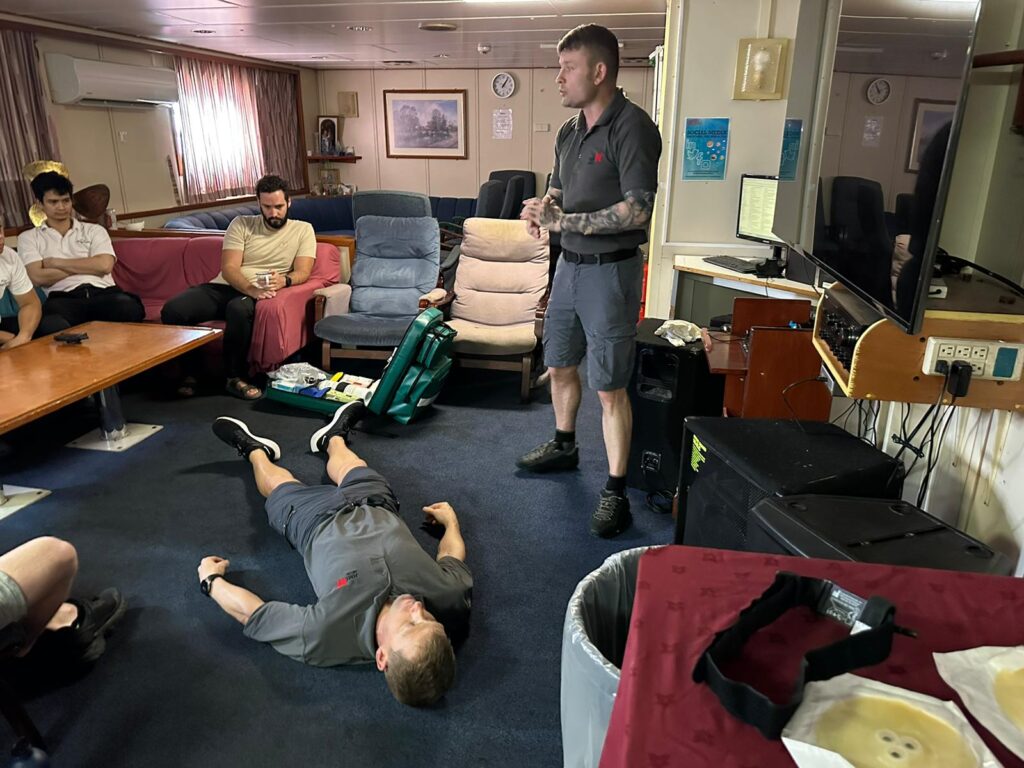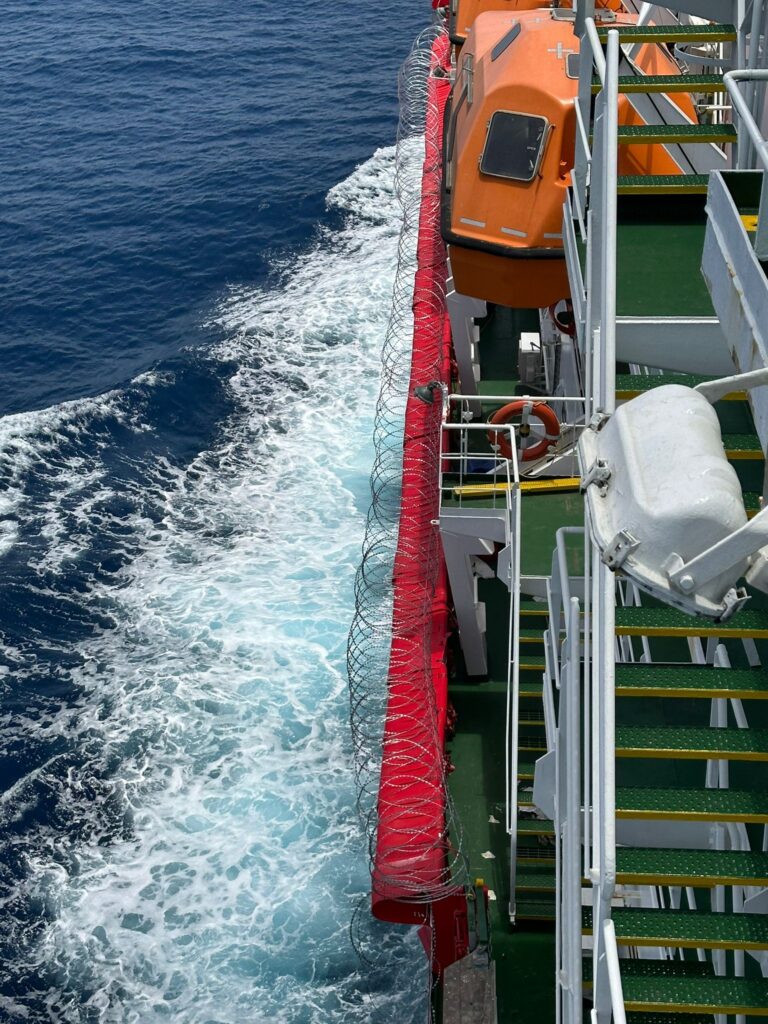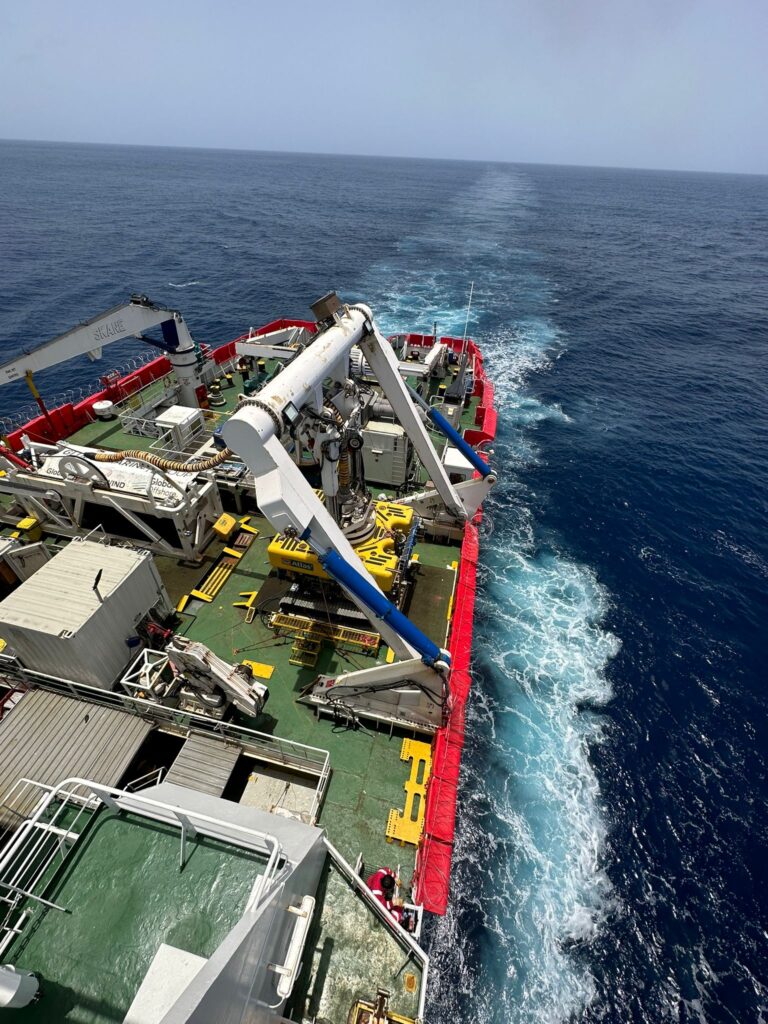In March 2024, there was a significant incident that affected the undersea cable network in the Gulf of Guinea, along the coast of West Africa. This incident resulted in widespread internet outages across 13 countries in western and southern Africa. The fault was due to an “external incident” that resulted in a cut on the submarine cable system. One of RMI’s longtime clients specializes in submarine cable solutions and was deployed to repair the severed cable.
The Gulf of Guinea is of geopolitical and geo-economic importance for the transport of goods to and from central and southern Africa. Piracy in the Gulf of Guinea is a significant issue. Pirates in the Gulf of Guinea are often part of heavily armed criminal enterprises, who employ violent methods to steal oil cargo. Over the last 15 years, container ships, fishing vessels, and oil tankers in the region have been the targets of numerous armed attacks and kidnappings. Armed with this information, RMI’s client sought our expertise to gain a deeper understanding of the associated risks and to implement deterrence measures on the repair vessel.
RMI’s approach consisted of three primary phases:
Phase 1: Pre-deployment threat and vessel assessments
Utilizing our industry leading methodology, RMI’s initial objective was to gain a deeper understanding of the probable risks associated with operations in the Gulf of Guinea. Additionally, we aimed to pinpoint potential vulnerabilities in the vessel and furnish our client with strategic advice to enhance the safety and security of both the crew and assets on board. RMI’s Head of Intelligence and Maritime Security SME teamed up to complete this task. RMI’s recommendations included placing a security team onboard the vessel to train the crew, harden the vessel, and monitor/deter potential threats.
Phase 2: Preparation measures enroute to the Gulf of Guinea
While enroute to the Gulf of Guinea, RMI’s team of four former British Royal Marines took proactive measures to prepare for the risks associated operating in high-risk area. These measures included the following:
- Hardening the vessel: razor wire was placed around the vessel perimeter, and security screens were installed over vessel openings.
- Establishing a citadel: Bridge crew were provided with ballistic vests and helmets, and a citadel was established to provide the remining crew with temporary protection in the event of an incident.
- Medical preparation: the crew were all trained in first aid and CPR. AEDs were also provided.
- Emergency action plan training: The crew were all briefed on the emergency action plan in case of an incident. Additionally, several drills were conducted to ensure the crew and RMI team were well prepared.
Phase 3: Active monitoring while operating in the Gulf of Guinea
The final stage of the project involved operations within the Gulf of Guinea. This encompassed round-the-clock surveillance by the on-site RMI team, equipped with drones for extended range observation. Additionally, RMI’s Global Coordination Centre provided continuous threat monitoring, under the expert guidance of our Head of Intelligence.
As a result of RMI’s comprehensive review and implementation, we successfully mitigated potential risks, thereby ensuring a sense of security during the submarine cable repair. This ultimately led to the restoration of internet connectivity across a significant portion of Africa.
